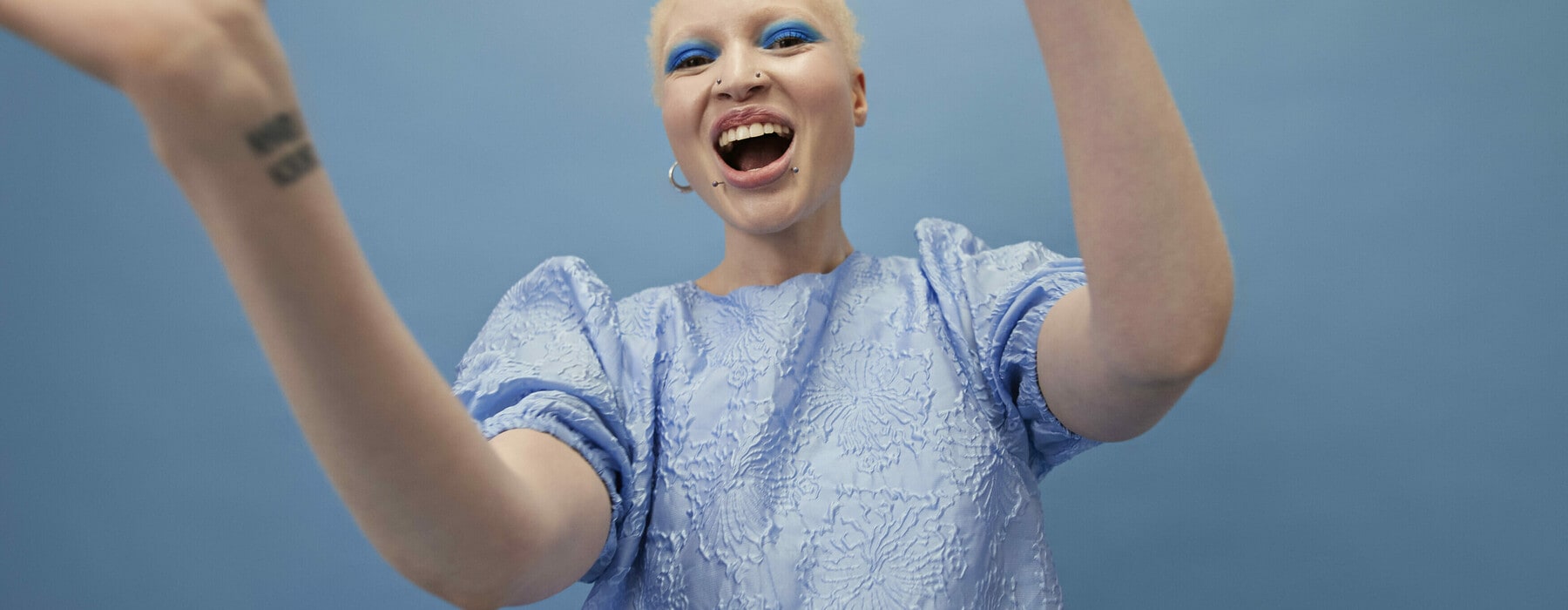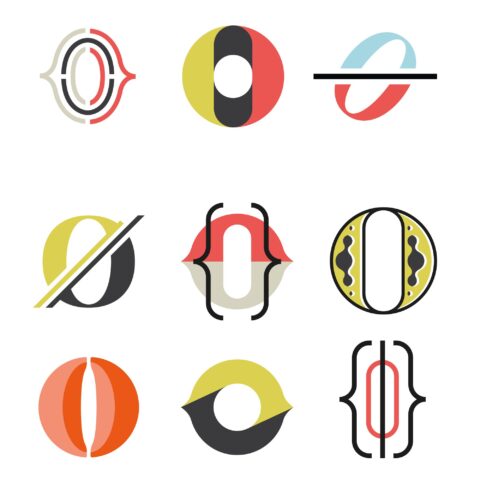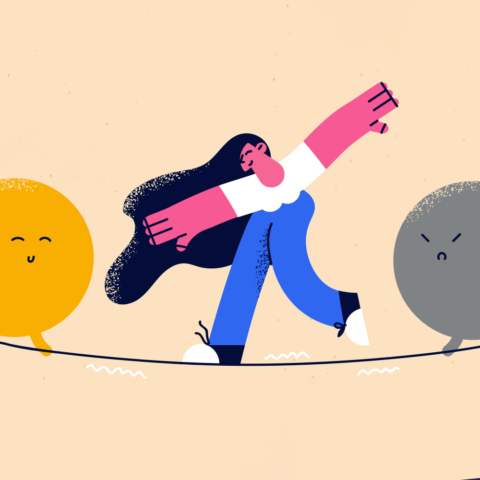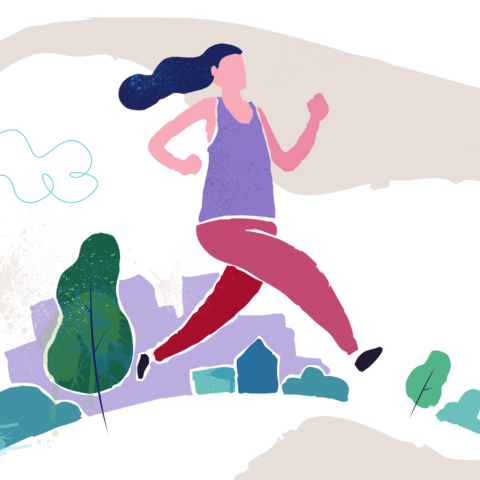Daniel Gilbert is a Harvard psychologist and happiness expert. Now when I say “happiness expert,” I know that sounds arbitrary, but as accomplished as one can be in that field, he’s done years of research, has written books on the matter and given a number of Ted Talks on his research of happiness. Studying social psychology at Princeton, Gilbert has amassed success after success, winning a Guggenheim Fellowship and teaching prize for his work at Harvard throughout the years.
I came across Gilbert when reading a book by him called “Stumbling Upon Happiness,” and honestly, I couldn’t put it down. Published in 2006, Gilbert’s writing style is engaging and extremely funny yet relatable. The book draws from experiences in his own life which makes it that much more compelling and breaks out from being a self-help book that simply tells you how to be happy. Instead, this book unpacks what may be prohibiting you from being truly happy. It’s also science-based which gives it additional reliability.
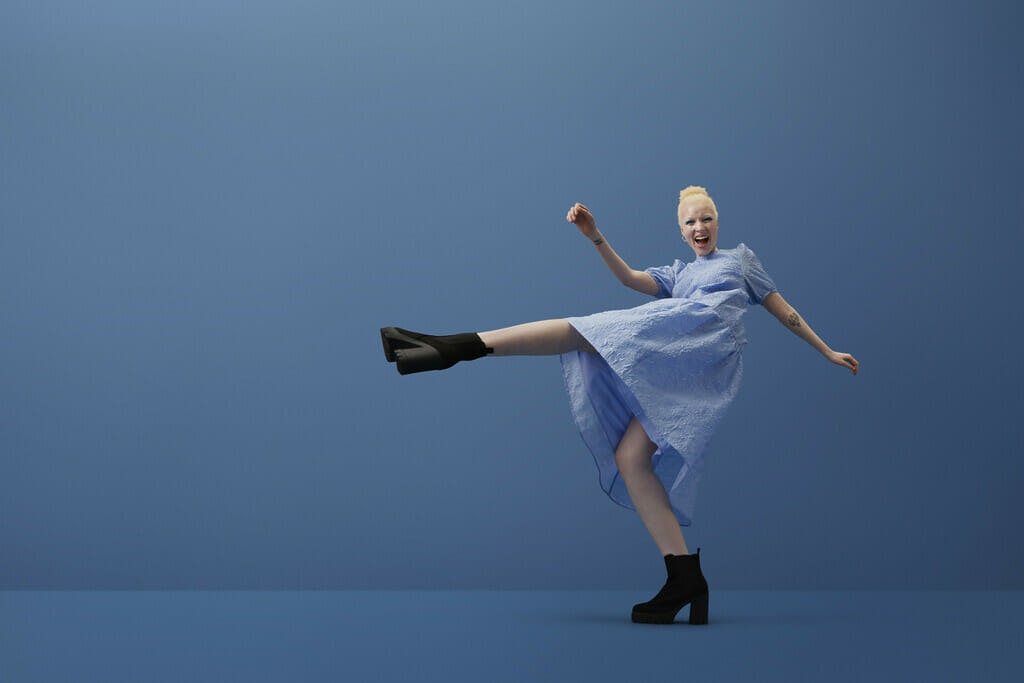
What I found particularly fascinating about Gilbert and his book was his fundamental premise that our brains, as humans, are fallible. The book examines the capacity of our brains to essentially simulate different experiences. We place our beliefs about what will make us happy in the wrong place because of a lack of awareness that we hold. While most of us think we are on the lifelong pursuit of happiness, Gilbert believes we don’t have the right pathway for something like this as our brains systematically judge (and actually misjudge) what makes us happy.
The book provides scenarios in which simulations may lead us to making wrong decisions and false assumptions about ourselves, and tries to help you gain a self-awareness of when your brain may be leading you to make false decisions so that you can avoid falling into traps like that in the future.
Despite being a busy person in a demanding and high stress job (I’m both a lawyer and an accountant, which I think is self-explanatory!) this book has had a life changing impact on my life. Here are my 3 key takeaways:
Your brain doesn’t have all the answers, but that won’t stop it from trying to find them
Ever felt like you’ve heard the smallest piece of information and want to jump to the absolute worst conclusion possible? Our brains are inherently hard wired to attempt to keep filling in blanks, despite us not having the full set of information to do so.
Gilbert explains that we all have a blind spot which is a certain area of our vision that is blank and we physically cannot see what’s there due to nerve fibres blocking the retina. Despite having a blind spot, have you ever noticed it? Our brain is constantly trying to fill in anything missing. Taking a step back, this means that at any given time, our brain is completely reinventing an image and therefore our reality.
He points out that quite often, when the brain does this, it is wrong. He also highlights that emotions tend to alter our memory. For example, if you’re having a lovely date with your boyfriend but get into an argument at the end of the night, you are more likely to remember the fight as opposed to the earlier part of the night where you weren’t fighting.
By being aware that your brain is filling in gaps, you have a baseline awareness of the accuracy, or lack thereof, that these simulations may exactly have, which can urge you to take a second look.
Bad experiences are better than no experiences
This sounds surprising, and random at first glance, but Gilbert believes that bad experiences are better than no experience at all, because our brain still learns from the experience and strives to see the positives or silver-lining from it.
He presents this paradox – you are introduced to a young attractive person and given the choice between either:
- Marrying them – in this case, the person becomes a paranoid and abusive spouse.
- Not marrying them – in this case, the person will become a billionaire.
He poses the question of which choice you’d regret more? The latter, as if your spouse turns out to be crazy, your brain will walk away from the experience having learned a lesson and feeling stronger for it. Conversely, your brain can’t come up with a positive view of something that never happened, and since you don’t know what it’s like to be married to a billionaire, you kick yourself for not going for it in the first place which makes you unhappier.
His lesson here is that you should do something rather than do nothing as that is when your brain kicks itself; when there is inaction.
Your idea of yesterday and today is your idea of tomorrow
Gilbert, through his extensive psychological research, has established that your brain joins up the concepts of yesterday and tomorrow with today. This means that your present is your brain using its imagination to join up the past and the future which may be why we struggle to ever think of your tomorrow being drastically different from the today. Neurologically, this means that your attitudes and actions every single day quite literally shape your future, and ultimately you are the author of your own reality.
Gilbert’s research in the field of psychology is not only an informative and witty read, but actually transformative in the teaching that when you understand yourself and that you create your own reality, you can utilise your brain to create an aspirational future.

